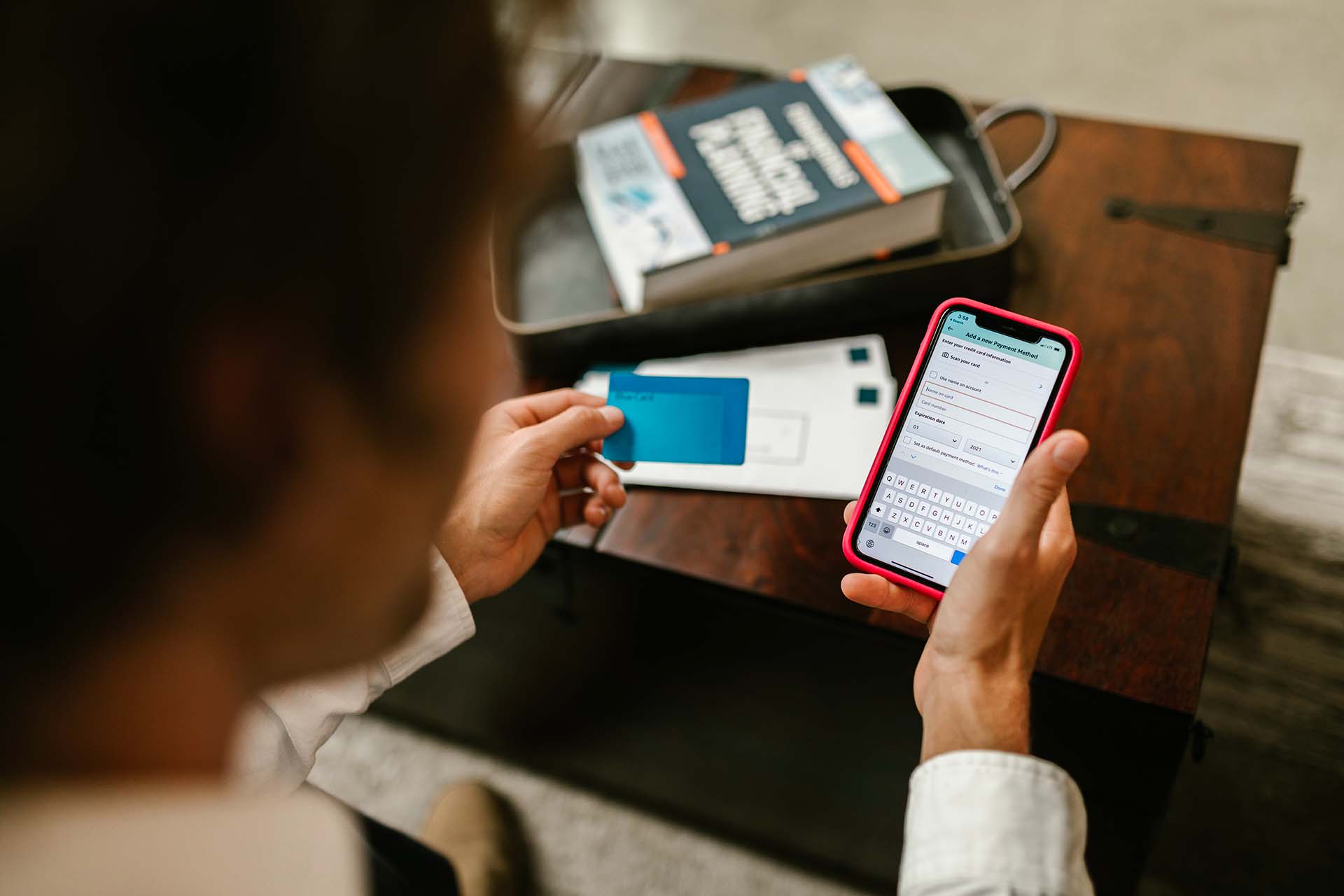Therefore, property managers must ensure that the properties they are responsible for are protected.
Screening guests for a vacation rental should be an integral part of the booking process. However, this is a problem that not all property managers have been able to solve.
Now that most reservations are made online, there is no way to ensure that customers are who they say they are. That's why it's imperative to have customer screening and identity verification protocols in place.
Why is it important to screen clients?
Traveler screening or verification is a process of checking the background of your potential customers. It is a key factor in identifying unwanted visitors before it's too late! Proper screening will save you time, money and effort.
Failing to conduct background checks on your guests can leave your property vulnerable to risks such as damage, criminal activity, scams or wild parties.
Keep in mind, however, that rejecting too many booking requests can cause your position in the OTAs' search results to drop.
Avoid wild parties
You need to be extra vigilant when the renter is young, lives near your property and is booking for one night only. While this profile is not a definitive representation of a wild party planner, the majority of undesirable travelers fit this profile. It is not a matter of systematically discriminating against these tenants, but rather of insisting on the following recommendations to minimize the risks.
Check out your travelers' reviews on OTAs, their profiles and their backgrounds. You can avoid unpleasant surprises by talking to them on the phone before confirming their booking.
If you are concerned about their responses, consider passing and choosing other travelers to avoid problems.
Avoiding fraud
The vast majority of vacation rental reservations are made online. As a result, fraud is becoming more and more common. It is not uncommon for travelers with malicious intent to steal someone's ID or credit card and attempt to impersonate them when making a reservation.
Thorough customer screening and identity verification can help weed out fraudsters. This allows you to accept only legitimate reservations.
Preventing criminal activity
Although the vast majority of clients are well-intentioned, there have been reports of drug abuse, prostitution and other illegal activities in short-term rentals.
By making sure your travelers are who they say they are and reviewing their rental history, you can ensure that you are not accepting reservations for anyone who intends to use your rental for illegal purposes.
What about OTAs?
While OTAs have guest verification processes in place, they are limited. Let's look at how some of the most popular booking sites screen their guests.
Airbnb
Airbnb has approved background check providers for U.S.-based users to help identify past criminal behavior. For French users, Airbnb can sometimes obtain local background information and checks on registered sex offenders. Airbnb always reviews the OFAC list of registered users.
Airbnb may also ask travelers to verify their identity. However, identity verification is not part of the Airbnb registration process. Not all travelers on Airbnb are verified! So you can choose to only accept verified travelers on Airbnb. In this case, Airbnb will ask the traveler to confirm their identity by entering their name and address or uploading a photo of an ID.
Despite the background check, Airbnb's verification process is limited. You must continue to use your best judgment when accepting a reservation.
Keep in mind that during the Airbnb screening and selection process, you must not discriminate against the race, color, ethnic or national origin, religion or sexual orientation of your travelers.
Booking.com
Similar to Airbnb, you can require guests to provide a verified phone number or address in addition to a valid email address and credit card information. We also recommend looking at their stay history.
Abritel, HomeAway & VRBO
These platforms are no exception and do not require customers to confirm their identity to book a rental. Instead, they offer a verified user badge, which allows you to screen your potential travelers.
Once a customer submits a booking request, platforms may ask them to provide information such as first and last name, email address, cell phone number, physical address and date of birth. The platforms then verify that the information is accurate.
However, at this time, you have no way to require customers to confirm their identity before sending a reservation request.
How do I screen my travelers?
Since the selection processes used by OTAs are limited, we recommend that you set up your own processes.
Manual filtering
You can ask your potential customers directly for additional information. However, this method is time consuming and not very scalable.
You'll need to call or text all your guests and screen their social media profiles. Depending on your rental volume, this would take way too much time.
Filtering in your PMS
Some property management systems (PMS) have integrated customer verification solutions.
For example, Guesty allows you to automatically send guests a check-in form and ask them to upload an ID. You can also send rental agreements to your guests and collect their electronic signatures. This reduces the risk of fraud, damage and unwanted behavior.
However, since PMSs are not specialized in screening travelers, their solutions are not always up to par.
The Swikly guarantee
Requesting a deposit has a strong psychological impact. By requesting a deposit on Swikly, you ensure that in case of damage or nuisance caused by your travelers, the cardholder who deposited the deposit will be cashed.
In addition, when your traveler deposits their deposit, we systematically ask for their mailing address. To secure their deposit, your customer will also be asked for a 3DS code that confirms their identity. This also protects you against fraud.




